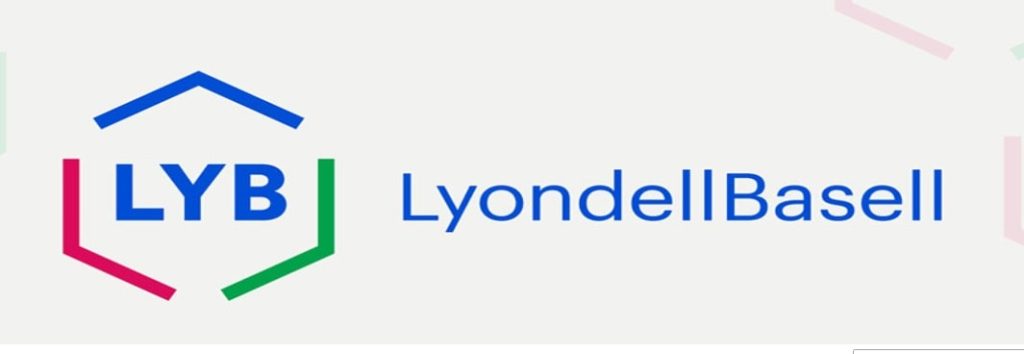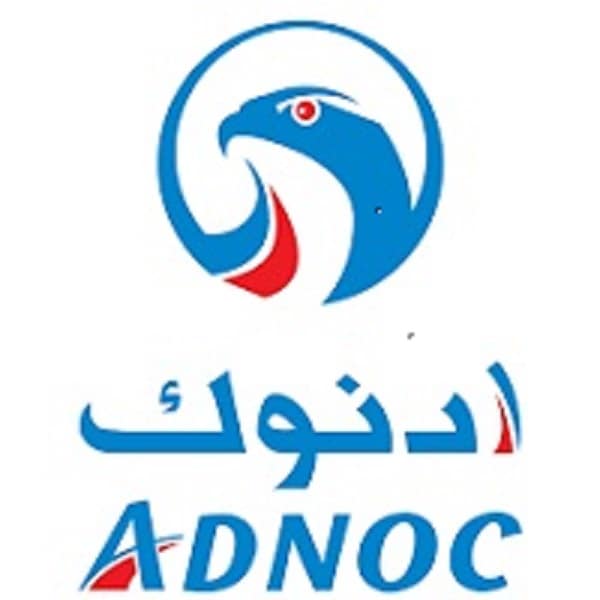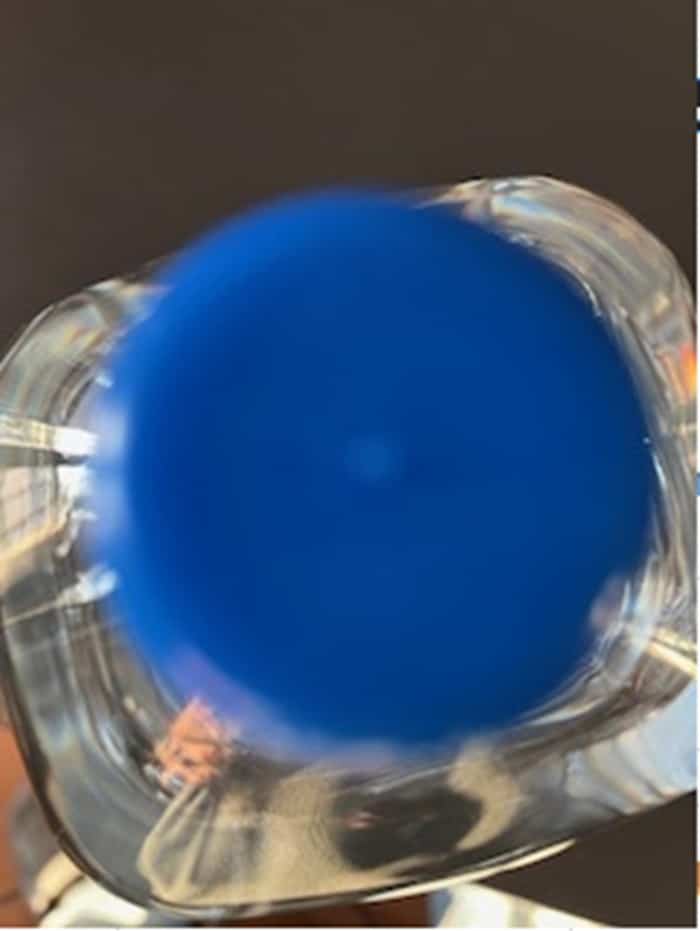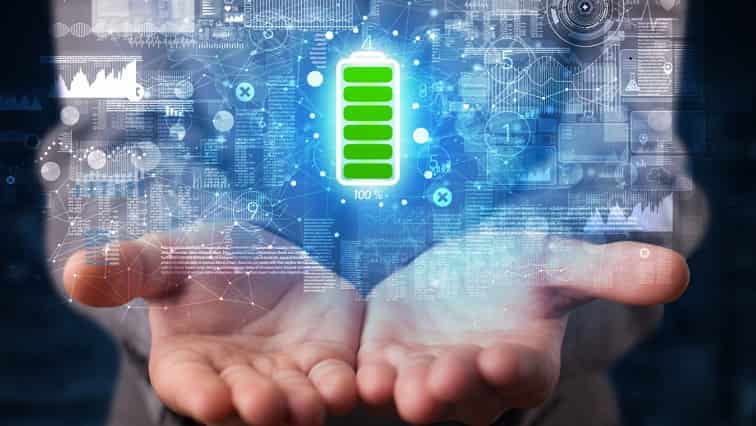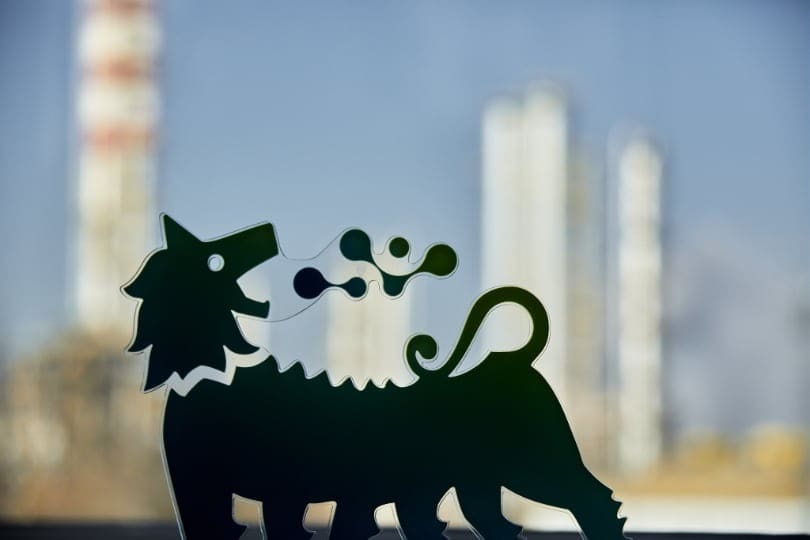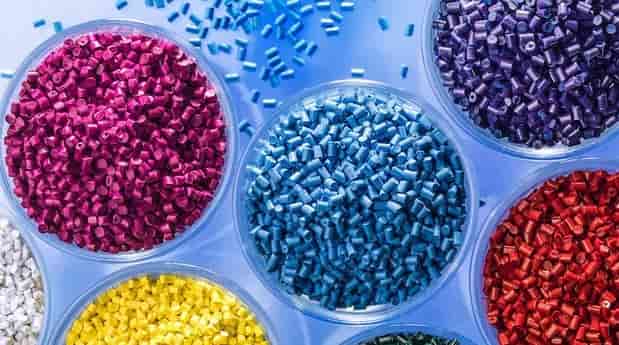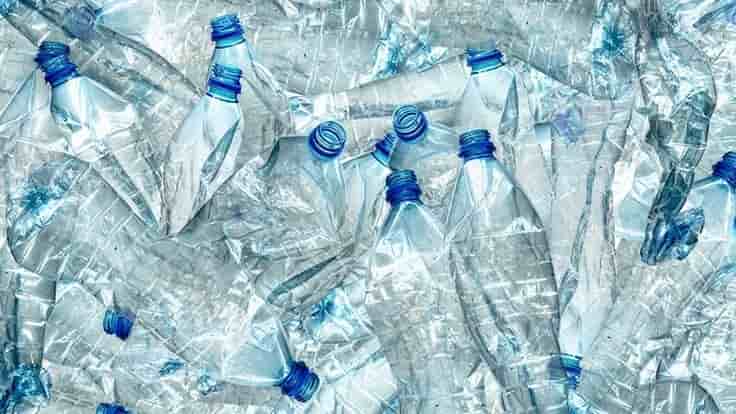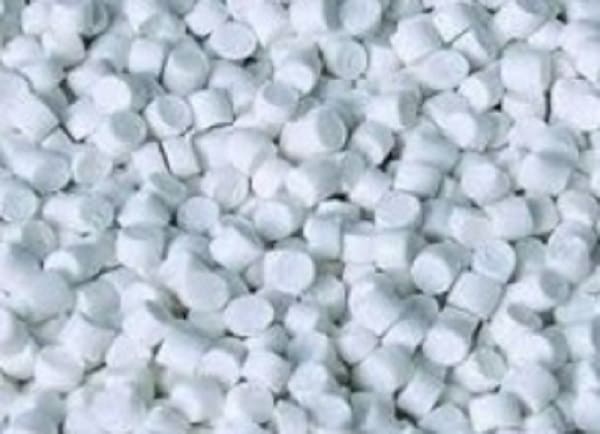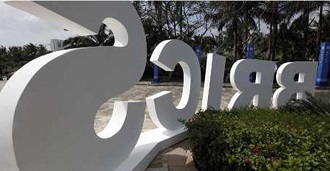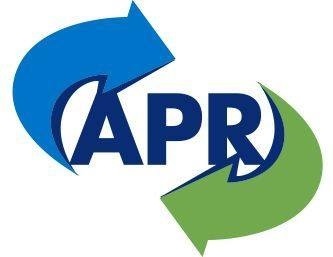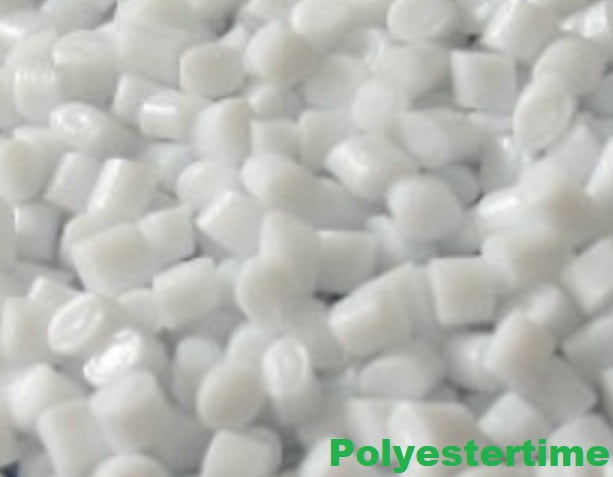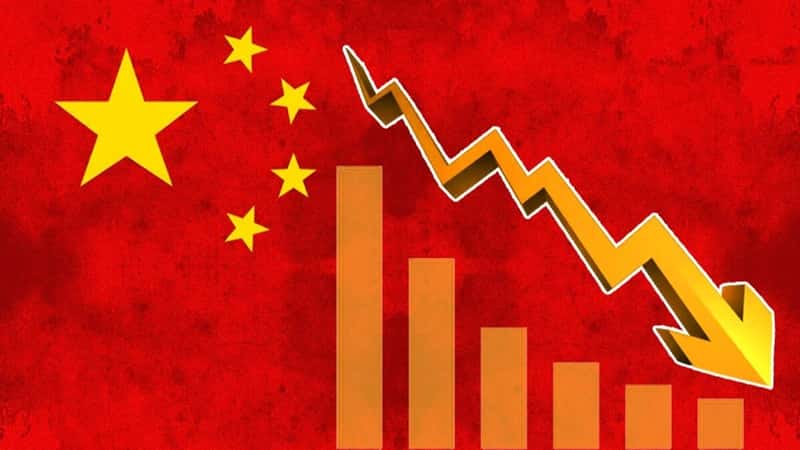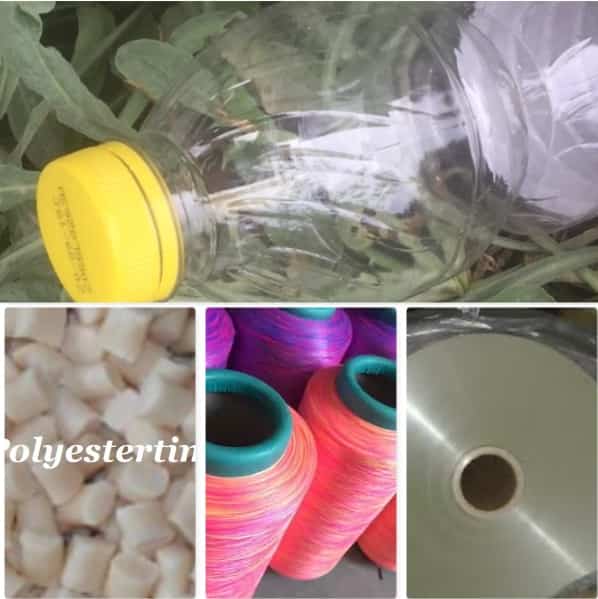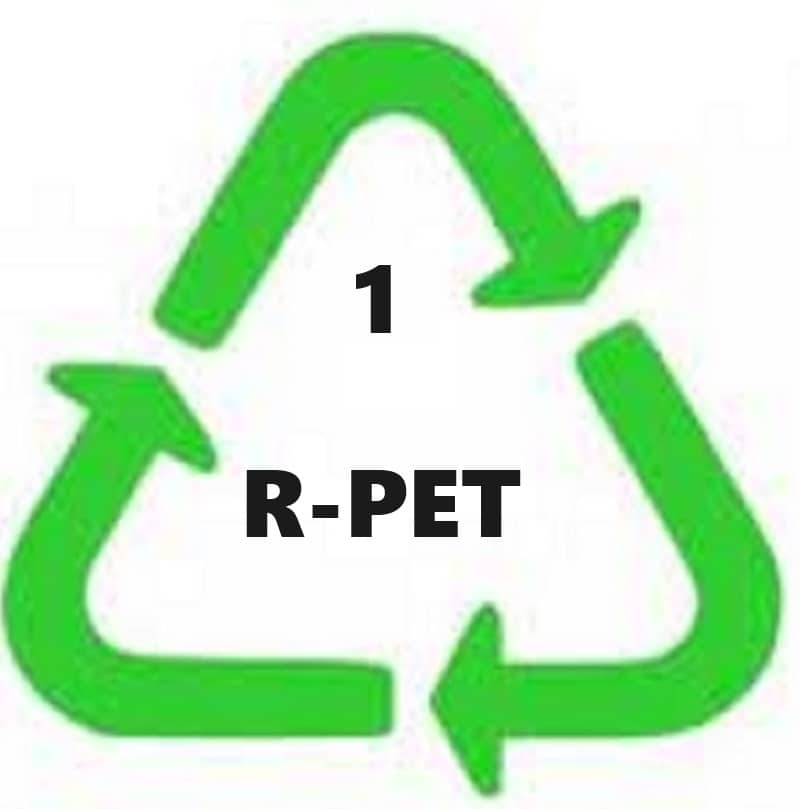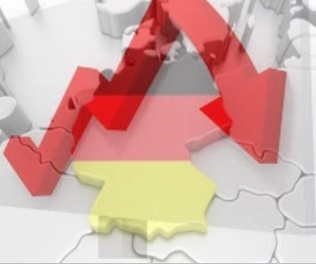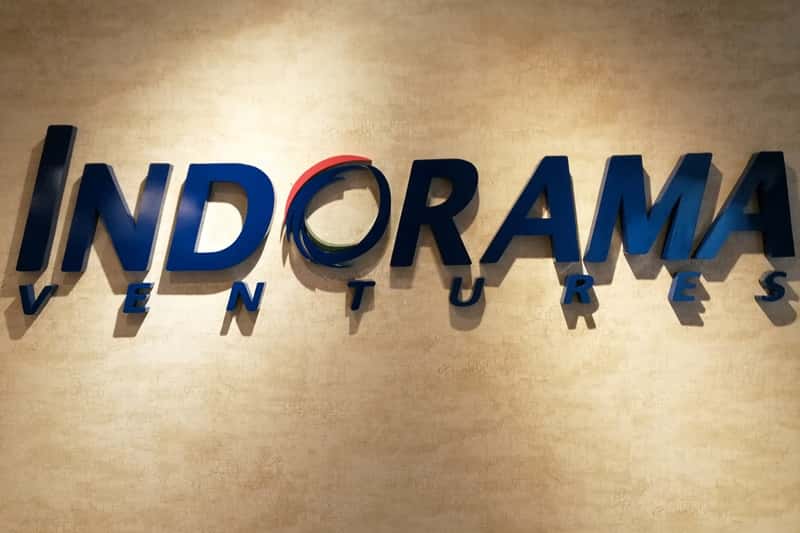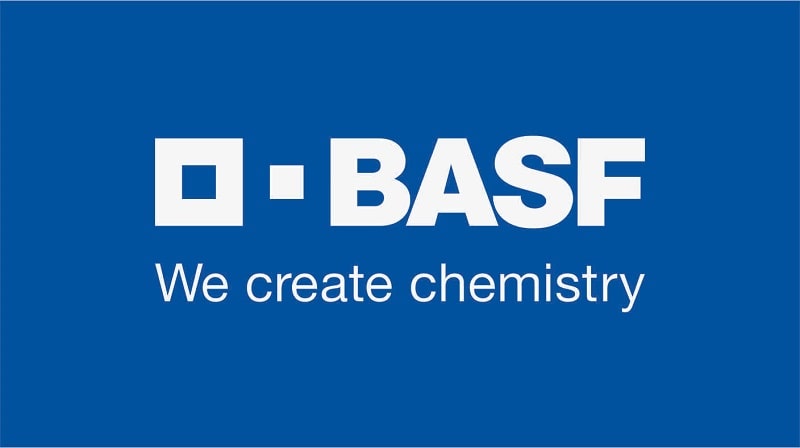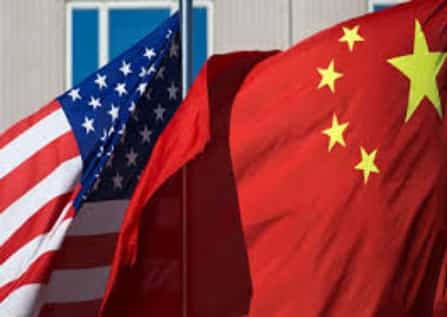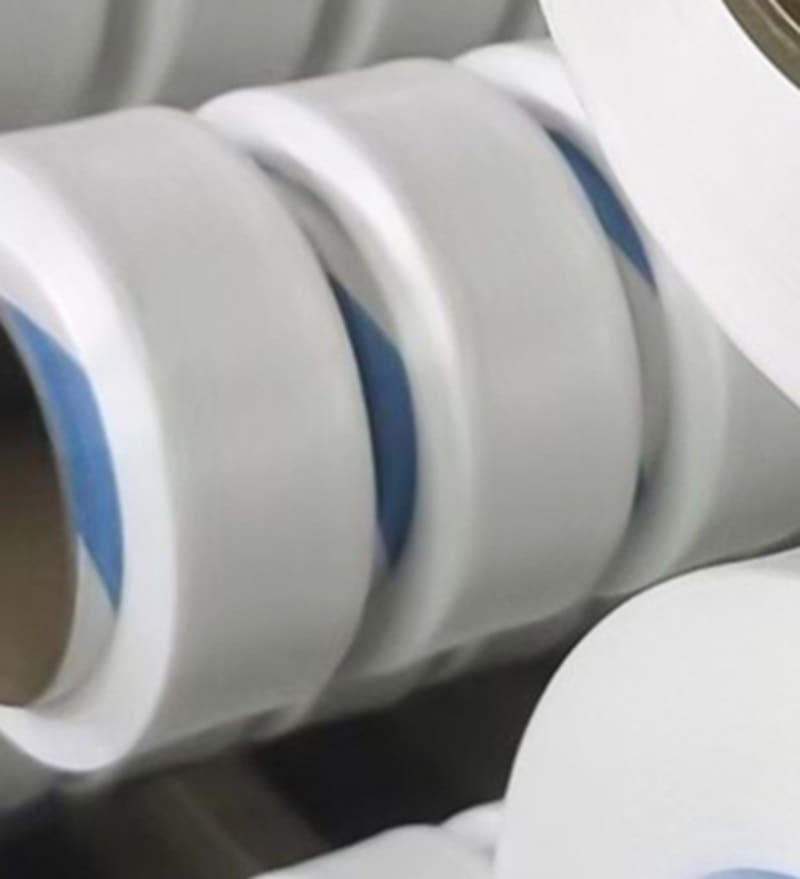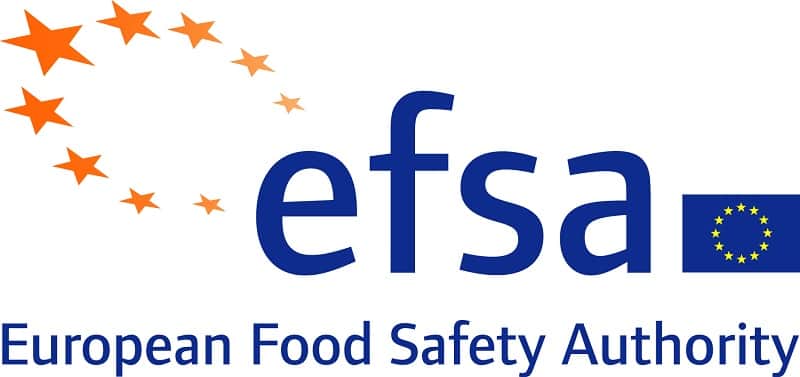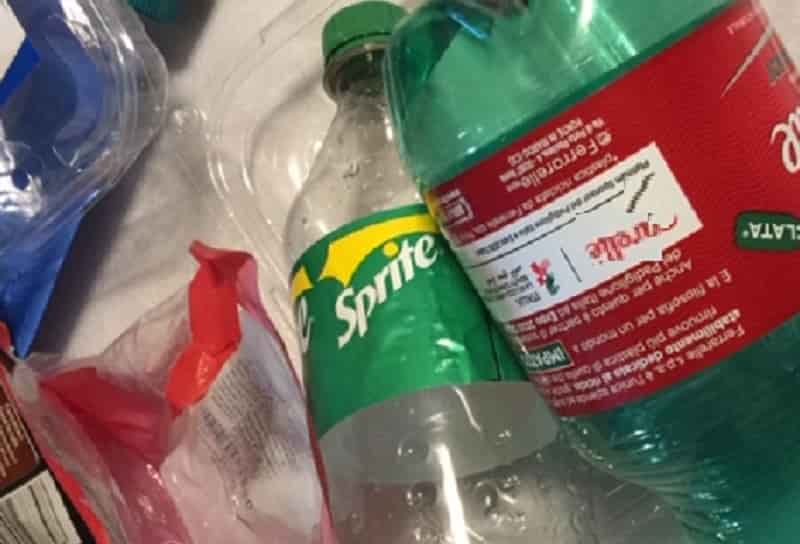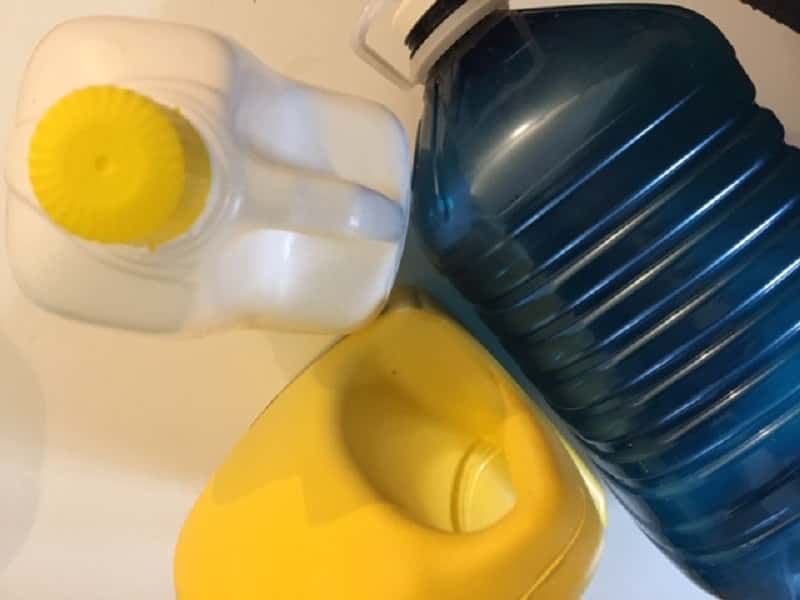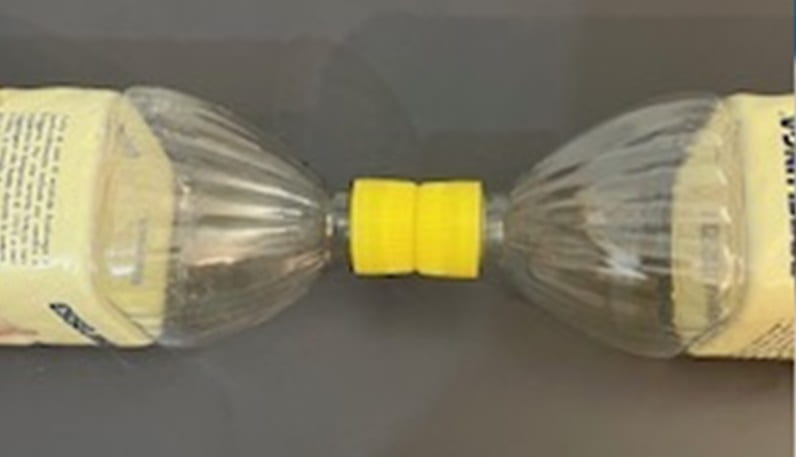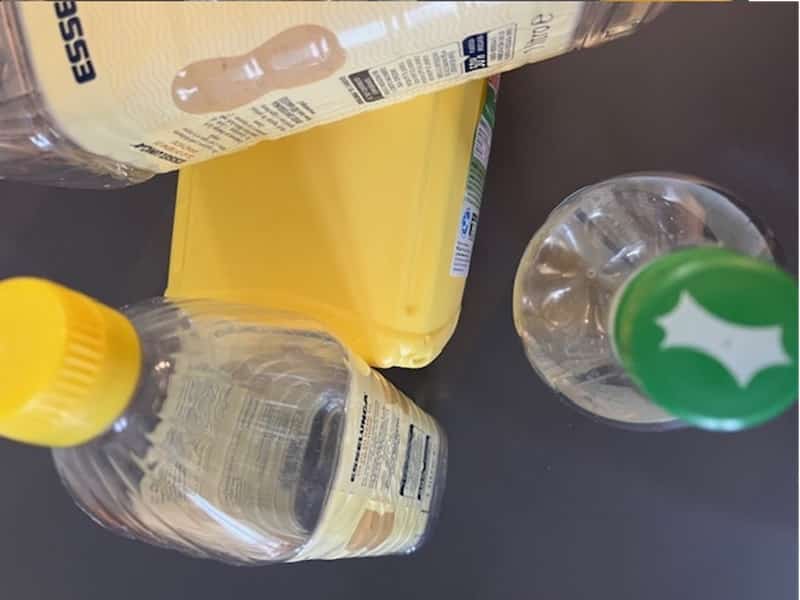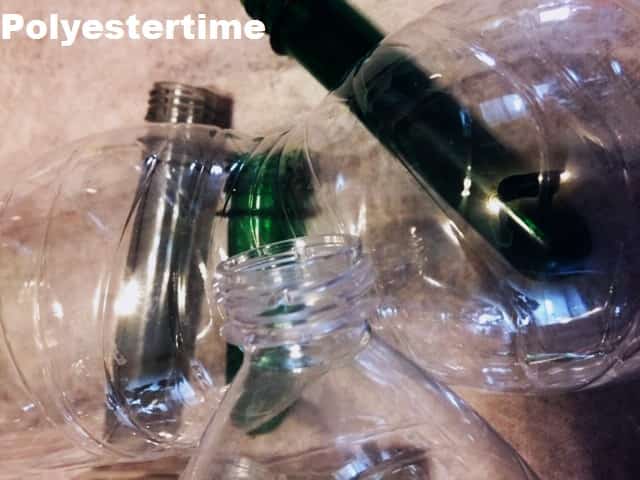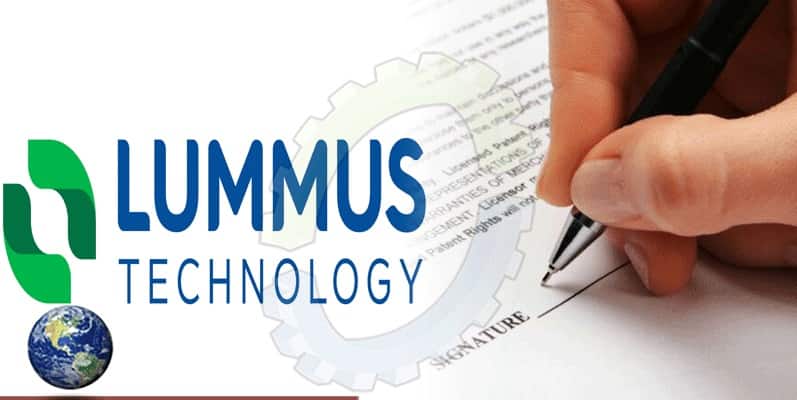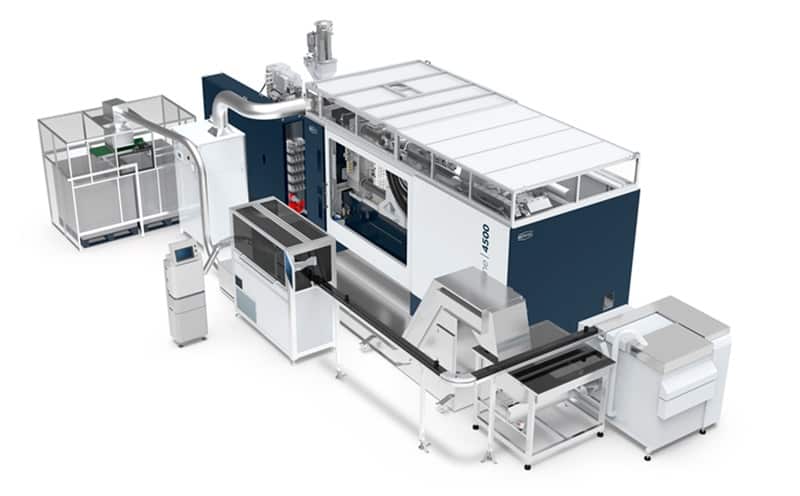Sustainability
Crude Oil Prices Trend

Crude Oil Prices Trend by Polyestertime
Avient Corporation is set to participate in the Plastics Recycling LATAM Conference, highlighting its focus on sustainability and advancing recyclability for its customers
This two-day event brings together key leaders and experts in the Latin American plastics recycling industry to explore trends, environmental policies, and sustainable packaging solutions.
At the conference, Avient will present its portfolio of sustainable polymer colorants, additives, and services. Featured products include Cesa Nox A4R Additives for enhanced recycling, Avient’s Color Prediction Service, which digitally showcases the potential of post-consumer recycled (PCR) content, and ColorMatrix SmartHeat liquid dispersion aids for improving PET bottle recyclability. Sustainability
Avient’s sustainability efforts, including progress toward its 2030 goals, have been acknowledged with a Gold certification from Ecovadis, reflecting the company’s commitment to ethical and responsible business practices.
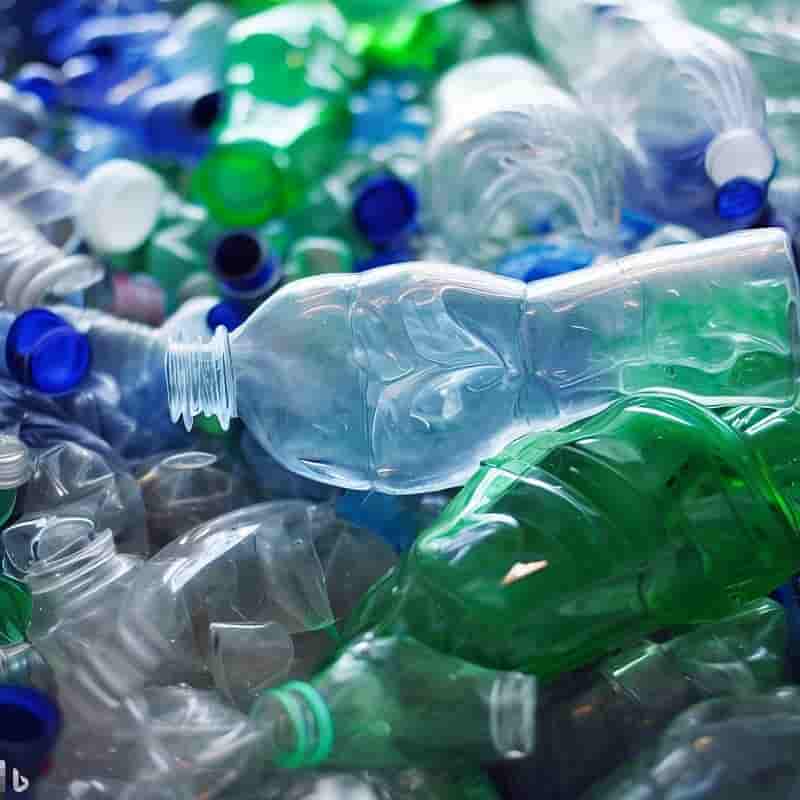
Asahi Kasei Enters Collaboration With De Nora for Development and Sale of Small-Scale Containerized Electrolyzers for Hydrogen Production
The Japanese technology company Asahi Kasei has signed a memorandum of understanding (MOU) with De Nora, an Italian multinational company, leader in sustainable technologies, and a manufacturer of electrolyzer cells, small scale electrolyzers, and other components for the production of green hydrogen through water electrolysis.
The MOU concerns the joint development, study, evaluation, and sale of small-scale pressurised alkaline water electrolyzers. Sustainability
De Nora possesses technical expertise and knowledge in high-performance electrode catalysts for the electrochemical field, and is a leading company in the development, manufacture, and sale of electrodes and electrolyzers for several industrial electrochemical processes. This MOU was signed with the aim of leveraging the long-standing experience and know-how of both companies in the chlor-alkali electrolysis field to establish a close cooperation framework for development, production, and sales/support in the water electrolysis field.
Demand for green hydrogen produced by water electrolysis as a clean energy alternative to fossil fuels is growing. Sustainability
According to the Hydrogen Council, the global installed capacity of water electrolyzers is forecasted to expand rapidly to a cumulative total of approximately 300 GW by 2030.
Under such circumstances, an increasing number of companies are newly entering the water electrolysis field. In particular, there is growing demand for compact production systems with reduced costs, installation space, and delivery time serving several industrial sectors, including mobility.
To meet this growing demand for smaller hydrogen production systems, Asahi Kasei has now entered into a collaboration with De Nora, covering technical support, sales, operation, and after-sales service for small-scale containerized electrolyzers in the range of 1 to 7.5 MW. Sustainability
By doing so, Asahi Kasei expands its portfolio into the range of small-scale containerized pressurized electrolyzers, covering the emerging diversified needs of customers across the entire hydrogen market.
More…
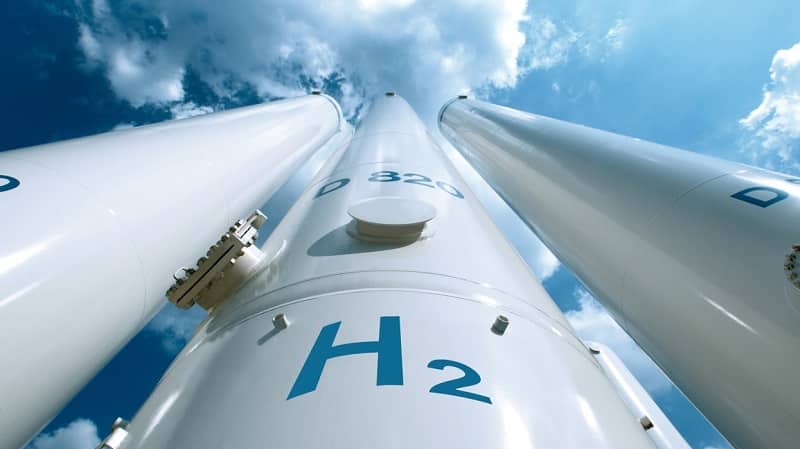
Researchers at the University of California, Berkeley, have developed a chemical process to vaporize PE and PP into the feedstock monomer propylene.
The catalytic process, developed at the university, works equally well with the two most common post-consumer plastics – PE and PP – as well as mixed resins, the researchers said in a press release.
PE is made using ethylene, which in the U.S. typically results from steam-cracking natural gas liquids including ethane. Ethylene is in abundant supply, and PE is by far the biggest outlet. Sustainability
In contrast, propylene demand is growing, while refineries – historically the primary source of propylene – are gradually disappearing. Propylene is increasingly produced on purpose using propane dehydrogenation, which removes hydrogen, to exploit regional abundance of natural gas liquids rather than crude oil. It also is a co-product of steam cracking, in different proportions depending on the feedstock used.
A paper detailing the new process was published in the journal Science on Aug. 29. The work was funded by the U.S. Department of Energy. Sustainability
The researchers included additives and different plastics in the reaction chamber to see the effect of contaminants. Small amounts of some impurities barely affected the process, but even small quantities of PET and PVC significantly reduced the efficiency.
More…
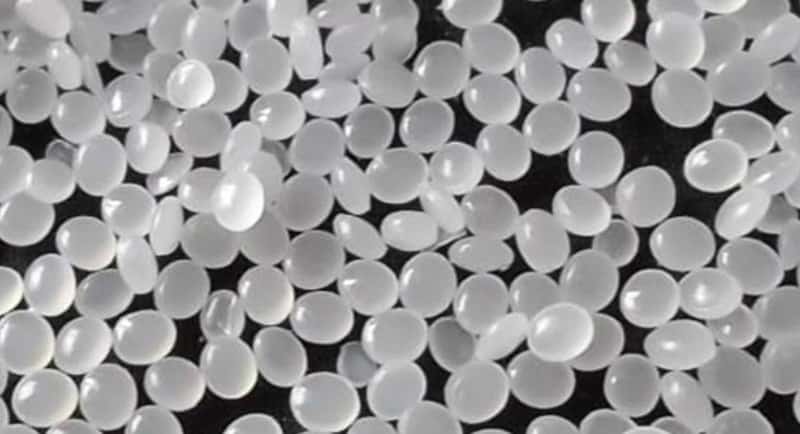
PET bottle chip supply expected to recover
After a round of concentrated production cuts that began in early July, domestic sales volume and processing spread for PET bottle chip have both rebounded. The continuous decline in raw material costs has allowed some brands to stabilize their processing spread around 550-650yuan/mt. Some factory was heard have sold over 500kt PET resin.
From late August to September, the domestic market is likely to see a wave of new capacity coming online, including 600,000 tons from Yisheng Hainan, 750,000 tons from Sanfame, and 500,000 tons from Sinopec Yizheng. Sustainability
Additionally, some previously shut-down units at Wankai and Sanfame will gradually restart, with an estimated total of around 2.6 million tons of bottle chip capacity involved. As market supply recovers, the average operating rate of PET bottle chip plants is expected to return to over 80% by early to mid-September. However, since it takes time for new units to start producing and enter the market, the actual impact may not be felt until late Q3 to early Q4.
If PET bottle chip factories are already fully booked or have oversold a certain volume of orders during this period, it could result in a temporary tightening of supply for specific grades in the spot market, as evidenced by recent market traders selling spot goods at prices nearly 100yuan/mt higher than those for later months. Sustainability
More…
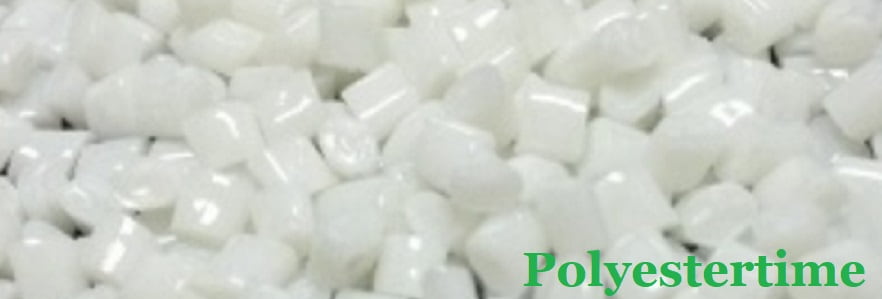
Mario Draghi emphasizes the urgent need for a European industrial strategy to boost the electric vehicle (EV) sector, which faces risks of relocation and foreign competition
His plan proposes enhanced support for businesses, better EV infrastructure, and optimized use of EU resources. Draghi highlights Europe’s lag behind China in the EV supply chain, which threatens European competitiveness.
These proposals are outlined in his document “The Future of European Competitiveness,” presented in Brussels. Sustainability
Key points of Draghi’s plan:
- Reduce transformation costs through clean energy and automation.
- Develop a comprehensive industrial strategy covering the entire supply chain.
- Ensure regulatory stability with a technology-neutral approach.
- Leverage economies of scale via common standards.
- Create dedicated “electric” hubs to foster green technology innovation.
- Expand charging infrastructure, especially in underserved areas.
- Promote artificial intelligence and automated driving regulation.
- Strengthen European innovation projects for the automotive sector.
- Address the skills gap through specialized training programs.
- Improve market access by harmonizing global technical standards and diversifying raw material supply chains. Sustainability
Draghi believes that these measures are crucial to reviving the European EV industry, ensuring long-term competitiveness, and reducing dependence on foreign players.
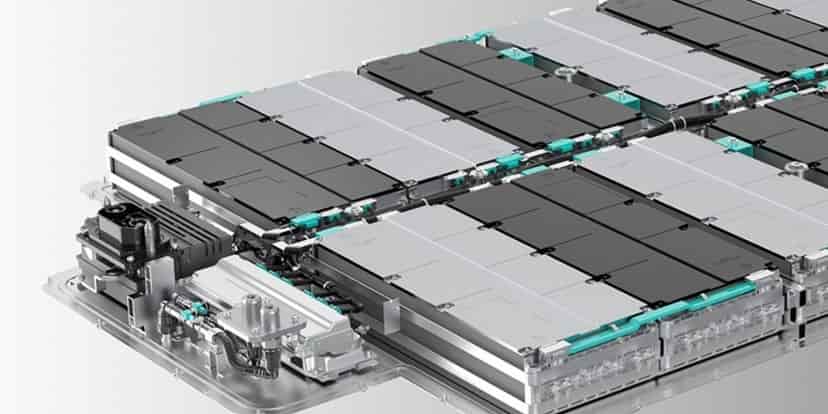
Electric Cars: A Boomerang for the Automotive Industry
The push for electric cars in Europe is facing resistance, causing significant disruption in the automotive sector. Despite strong governmental support, the market has been slow to embrace the shift, leading to an industry-wide crisis. Audi, a major player in the Volkswagen Group, is now grappling with unrest among its workers. Employees at the Brussels plant are protesting due to declining sales of the electric models they produce, fearing plant closures and job losses. Sustainability
The Brussels plant, which recently transitioned from producing combustion engines to electric vehicles like the Audi A1, is at the center of this crisis. With poor sales performance, workers have taken drastic measures, seizing keys to 200 electric cars to demand clarity on their future. Audi has threatened legal action, and negotiations with unions are underway.
This unrest is emblematic of broader challenges in the electric vehicle (EV) market. High production costs, especially for electric SUVs, are deterring consumers. Meanwhile, Chinese manufacturers, benefiting from substantial government subsidies, are producing cheaper, more competitive EVs. Sustainability
Europe’s lack of equivalent investment is hurting its automotive industry. Without the kind of financial support seen in China, European companies struggle to navigate this major transition. The result is growing frustration, stalled progress, and an uncertain future for European electric vehicles.

EV cars – Schneider Electric and GR3N have joined forces to develop the first open automation system for advanced plastic recycling 12-09-2024
Sustainability




